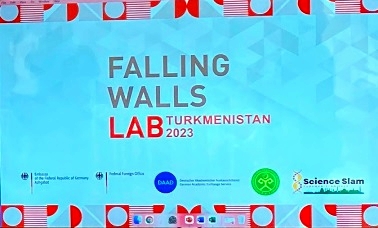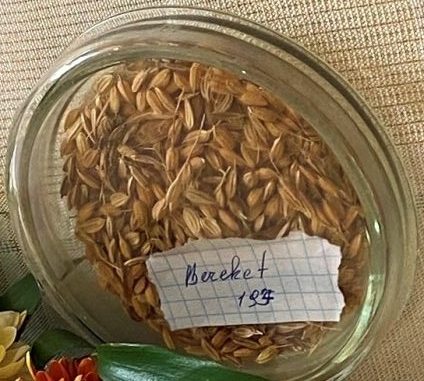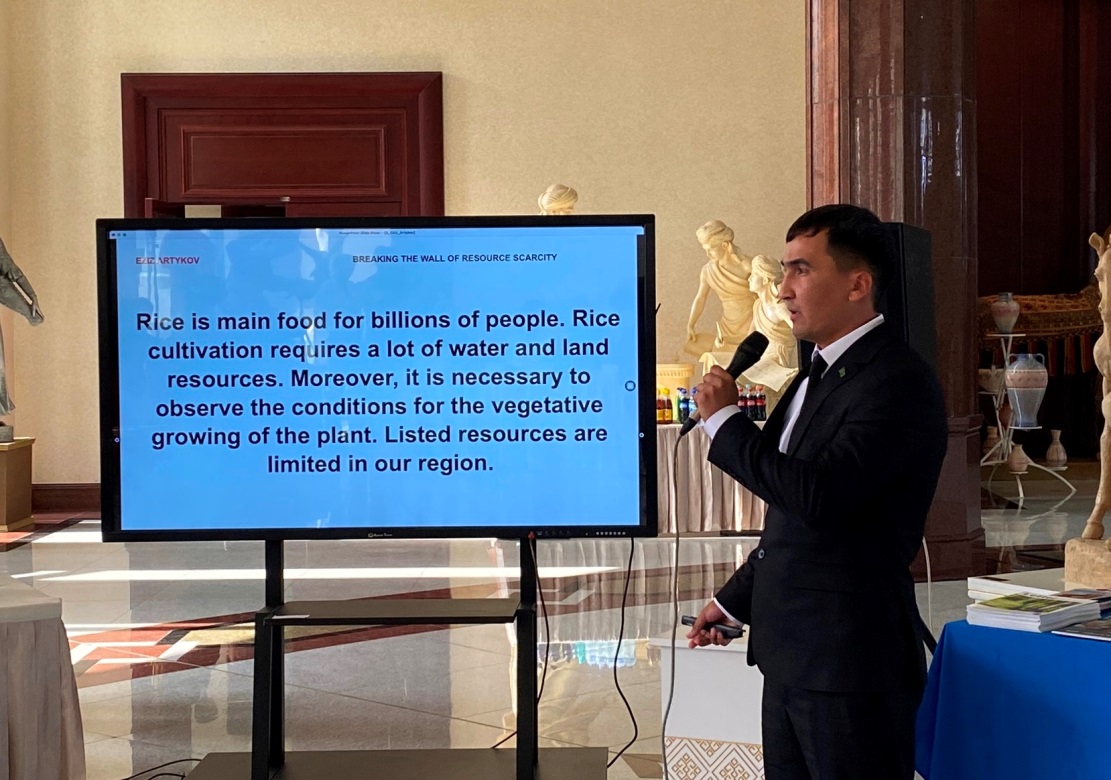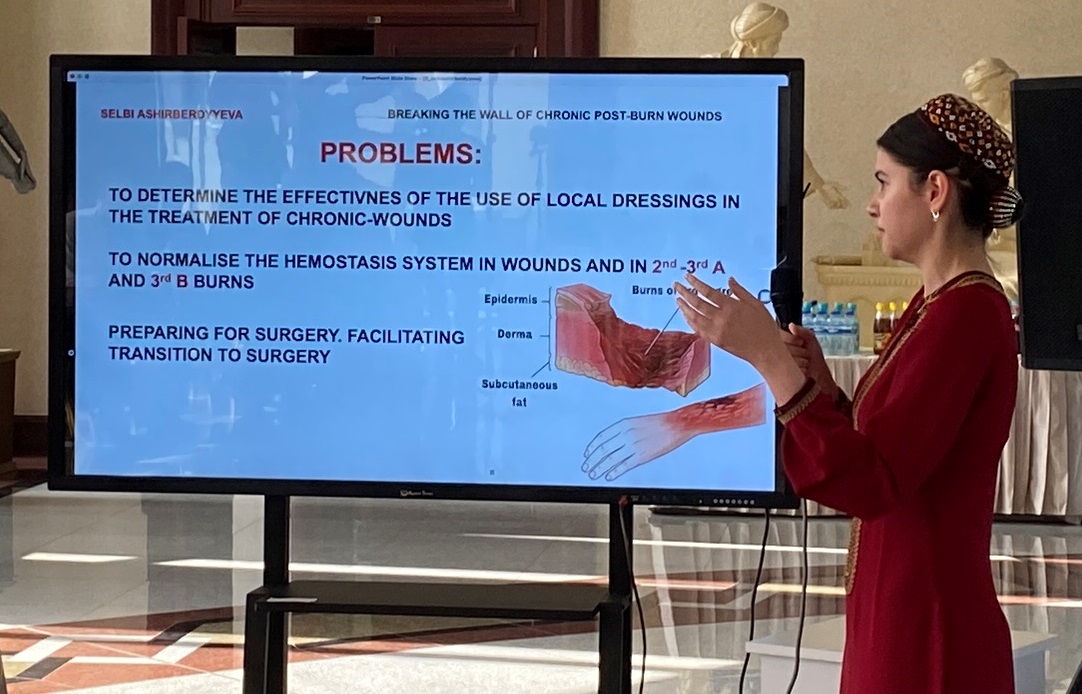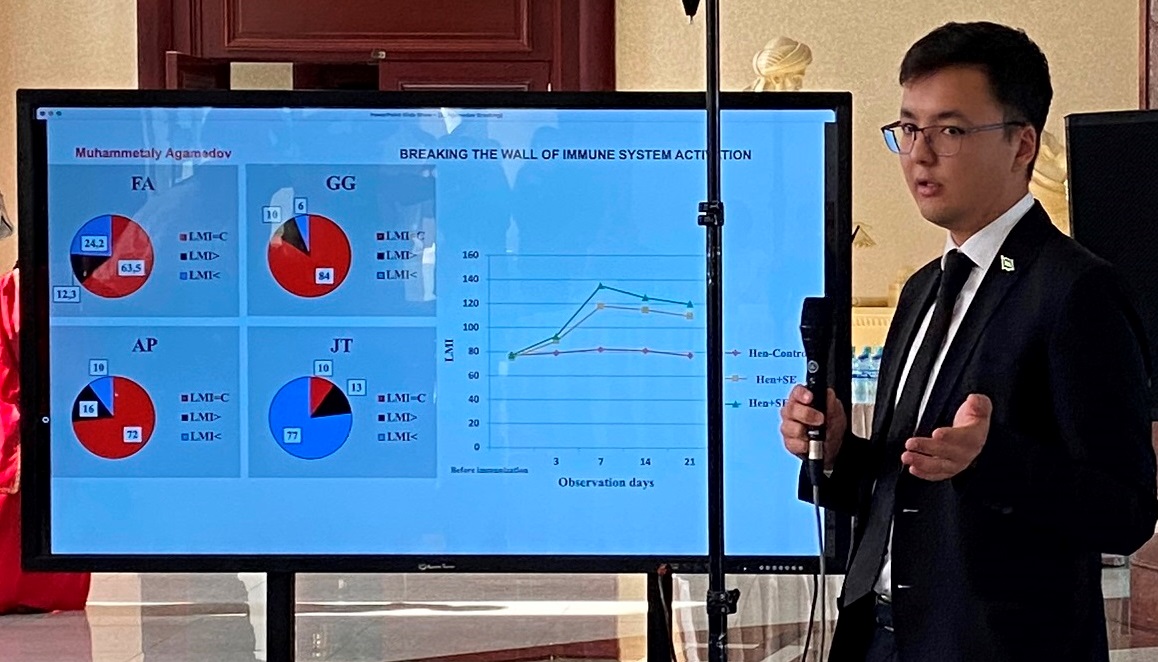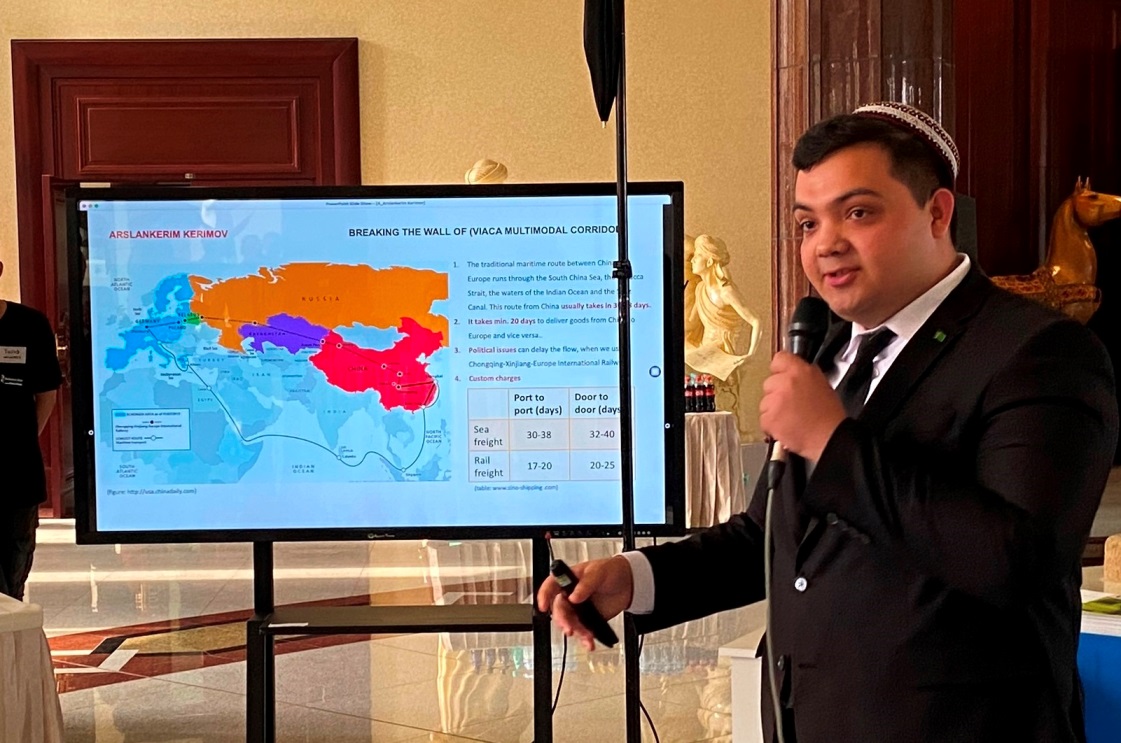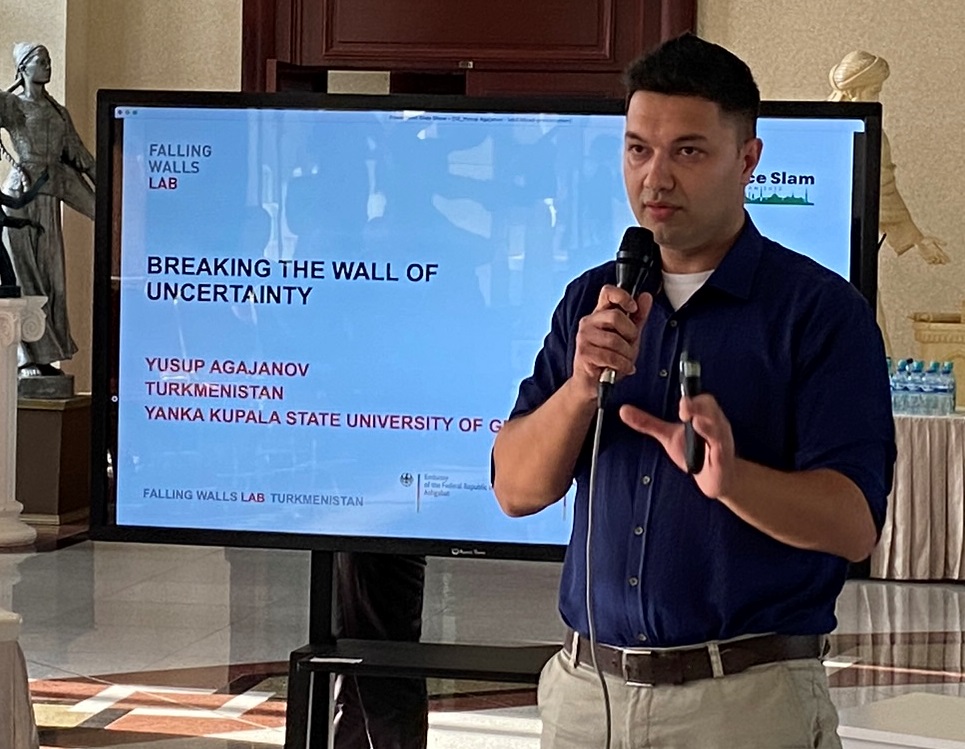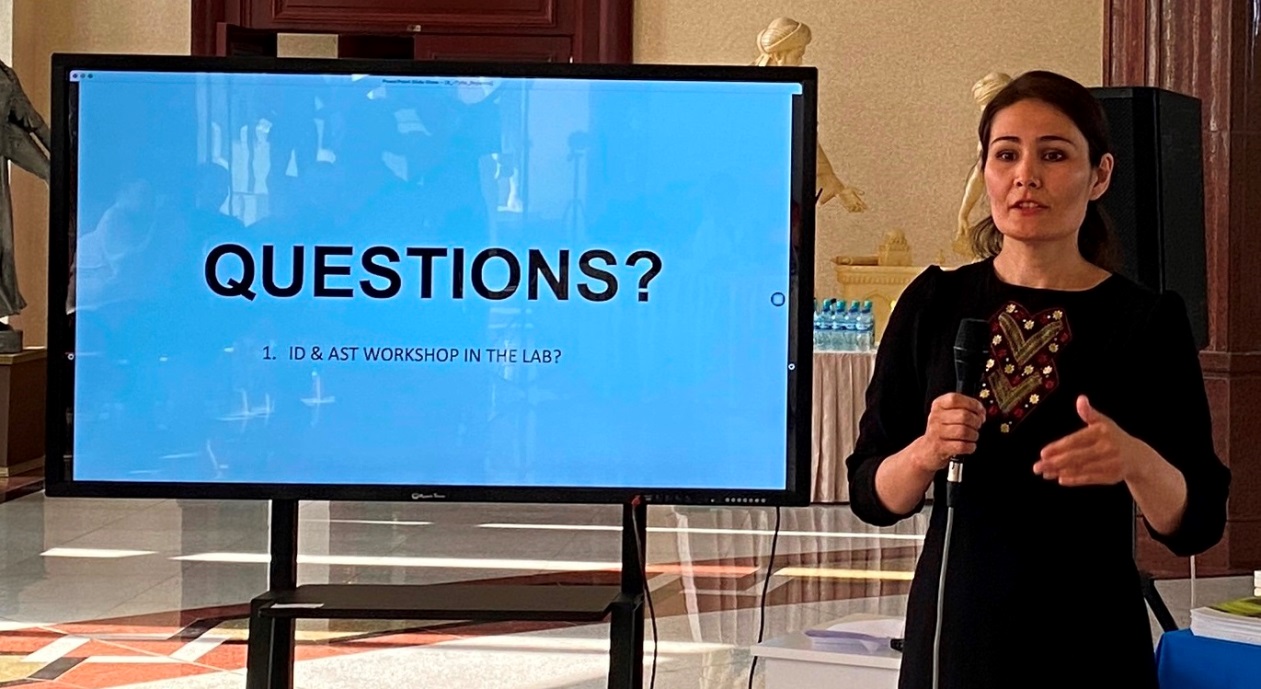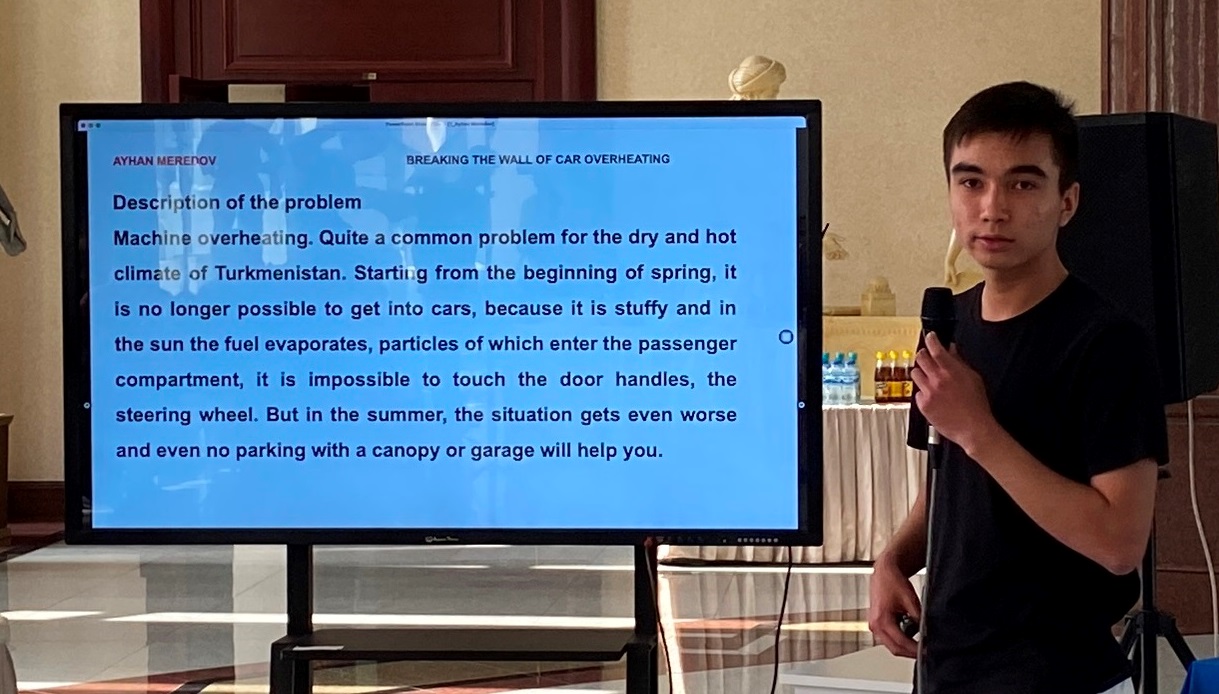nCa Analysis
The German way of doing things is simple: learn-and apply; learn-and-apply. —– This is a fast-spinning cycle. It is, therefore, no coincidence that the most advanced education of machine learning, artificial intelligence, and LLM (large language models) is available in Germany, and it is available free of cost.
Germany is haven for the seekers of cutting-edge knowledge.
The Falling Walls Lab finals that took place in Ashgabat on 11 May 2023 was a signature event of the German way of doing things – Learn-and-Apply.
Falling Walls Lab is organised by the Falling Walls Foundation and funded by Berlin’s Natural History Museum (global finale), and Google and Springer Nature (international Labs). It is supported by Sartorius, the Federal Foreign Office of Germany, and the German Academic Exchange Service (DAAD).
The Falling Walls actions continue year-round in dozens of countries, offering the opportunity to the students and early career professionals to pitch their ideas. It is global brainstorming.
Speaking of ideas, let us recall a conversation between the Seljuk Emperor Alp Arslan and his Prime Minister Nizam-ul-Mulk Tusi. When Alp Arslan asked as to why most of the spare funds were spent in establishing more and better schools across the empire, Tusi said, “These schools will stir the students with new ideas and those ideas will shoot across the skies.”
The Falling Walls Lab does the same thing – encouraging the birth of new ideas and providing the platform to shoot those ideas across the skies.
Every year, one winner from each country goes to Berlin where a total immersion experience of knowledge, learning, intellectual stimulation, and networking awaits them.
In turn, the Falling Walls Lab helps create global communities closely interconnected with each other. The inspiration is the fall of the Berlin Wall on 9 November 1989, that has benefited (and continues to benefits) millions of people merely by bringing them together.
The Falling Walls Science Summit is a leading international and interdisciplinary forum. Some of the most important researchers and thinkers of our time gather at Falling Walls to discuss breakthroughs with global leaders in science, politics, business, and the media, answering the core question of the Falling Walls Science Summit: “Which are the next walls to fall in science and society?“
Since its first annual meeting on 9 November 2009, the 20th anniversary of the peaceful fall of the Berlin Wall, the Falling Walls Science Summit has continuously developed into a world forum for science.
* * *
There were twelve contestants in the Falling Walls finals in Ashgabat. Only one of them will go to Berlin in November this year.
Nevertheless, all of the contestants had brilliant ideas that are worth serious consideration at different levels. In that sense, all twelve of them are the winners.
The first place winner was Eziz Artykov, Teacher of Biology and Ecology at Turkmen State Pedagogical Institute, Turkmenabat.
Turkmenabat is the administrative centre of the Lebap province, one of the main areas for rice cultivation. Artykov brought with him the samples of eight new varieties of rice.
In his presentation, aimed at breaking the wall of Resource Scarcity, he highlighted the characteristics of one of the eight varieties on the jury table – Bereket-193.
He said that the Bereket-193 can be sowed late in the season. It will require 40% less water and mature in about 120 days.
He said that the expected yield would be about 8 tons per hectares. This is quite high, considering that the average yield in the world is about 3-6 tons per hectare. China, one of the world leaders in efficient farming, gets about 7 tons of rice per hectare. Philippines, a rice country, gets 4.1 tons per hectare.
The idea of Artykov aspires to break at least two walls – shortage of water, and shortage of food.
There will certainly be lots of work before Bereket-193 can actually start playing a noticeable role in addressing the resource scarcity.
The second-place winner was Selbi Ashirberdyyeva, Student at Medical University named after Murat Garriyev, Ashgabat. She spoke about the treatment of the chronic post-burn wounds.
It is a topic of concern because the chronic wounds, particularly the post-burn wounds are not only a source of pain, they also cause damage to the overall health in so many other ways. In addition, they are a psychological burden on the patient.
The skin is the largest organ in the body and burn is the most devastating condition in the emergency settings.
In her presentation, Ashirberdyyeva outlined the regime for managing the post-burn wounds in their chronic state. However, this idea needs to connect with the wider studies already in motion in the field, particularly the collagen regeneration methods, the external graft methods including from the natural sources (such as the fish skin), and enzyme treatment (including some kinds of honey).
Speaking of wider studies, the approach of Ashirberdyyeva in dealing with the chronic post-burn wounds overlaps with the topic covered by Muhammetaly Agamedov, PhD Candidate at at Medical University named after Murat Garriyev, Ashgabat.
He spoke about immune system activation.
Activation of the immune system is a pathologically appropriate response to invading pathogens, including viral infection. In most acute infections, immune activation provides a beneficial role in control and eventual clearance of invading pathogens and resolution of infectious processes.
As such, at least hypothetically, the management of the immune system should be helpful in treating the chronic post-burn wounds. For the post-event interaction, there should be some way to look at the ideas of Ashirberdyyeva and Agamedov together, particularly because both of them are affiliated with the same medical university.
Arslankerim Kerimov, Student at Institute of International relations of the Ministry of Foreign Affairs of Turkmenistan, Ashgabat, got the third place for his presentation on the movement of cargo between China and Europe through the Middle Corridor, in which Turkmenistan plays a key role. He pointed out that it will take the cargo less than nine days to move between China and Europe.
This topic is under lime light and a number of trial shipments have successfully been sent along this route. While the Middle Corridor gains traction, there is the need to keep working on the ease and economy of its use.
Yusup Agajanov, a graduate of the Yanka Kupala State University of Grodno, Belarus, and currently the assistant PE teacher at the Ashgabat International School, spoke on the question of uncertainty for the rural youth, particularly in their pursuit for higher education and employment.
His proposed solution went in the right direction – create opportunities to match their locations – but he ran out of the allotted time of three minutes before properly summing up the essence of his presentation.
Agajanov mentioned tourism as one of the ways to engage the youth in gainful employment in their locations but this should be taken just as an example. Currently there are lots of things that can be done from any location.
The idea of Agajanov naturally dovetails with the presentation of Kerimov. The rise of the Middle Corridor will definitely give rise to a vast number of job and business opportunities along its route such as trucking stations, rest stops, fuel and servicing stations, etc.
Moreover, the advent of e-commerce is a boon for the rural youth.
Therefore, ideas of Kerimov and Agajanov should be painted across a wider canvas for their fuller usefulness.
Tylla Rejepova, Application&Product Specialist at Seda ES, Ashgabat, touched on the antibiotics stewardship.
Antibiotic stewardship is the effort to measure and improve how antibiotics are prescribed by clinicians and used by patients. Improving antibiotic prescribing and use is critical to effectively treat infections, protect patients from harms caused by unnecessary antibiotic use, and combat antibiotic resistance.
Rejepova underlined that there was the need to reduce the use of broad-spectrum antibiotics because they can potentially cause harm and contribute to the antibiotics-resistance.
This is a topic of importance for every country because the overburdened GPs may have the tendency to prescribe broad-spectrum antibiotics.
Ayhan Meredov had a very interesting idea but he could not articulate it fully in the allotted time of three minutes. He spoke about the heating of vehicles when parked under the sun.
This is definitely a problem everywhere – you leave a car under the sun for a couple of hours and on return, you feel like you are entering an oven.
Meredov proposed car covers with solar panels to address this problem.
We presume that he was suggesting the car covers that should be equipped with solar panels on the exterior and cooling pads on the interior – the cooling pads powered by the solar panels. This should be an ideal way to keep the car cool.
* * *
These twelve contestants just happened to have found the Falling Walls Lab opportunity. There are many, many more young people in Turkmenistan who are brimming with great ideas.
There is the need for the Falling Walls Lab in Turkmenistan to remain in touch with the host authorities to ensure that ideas presented during the finals and ideas that have still not found a platform for expression do not fizzle out. /// nCa, 15 May 2023
